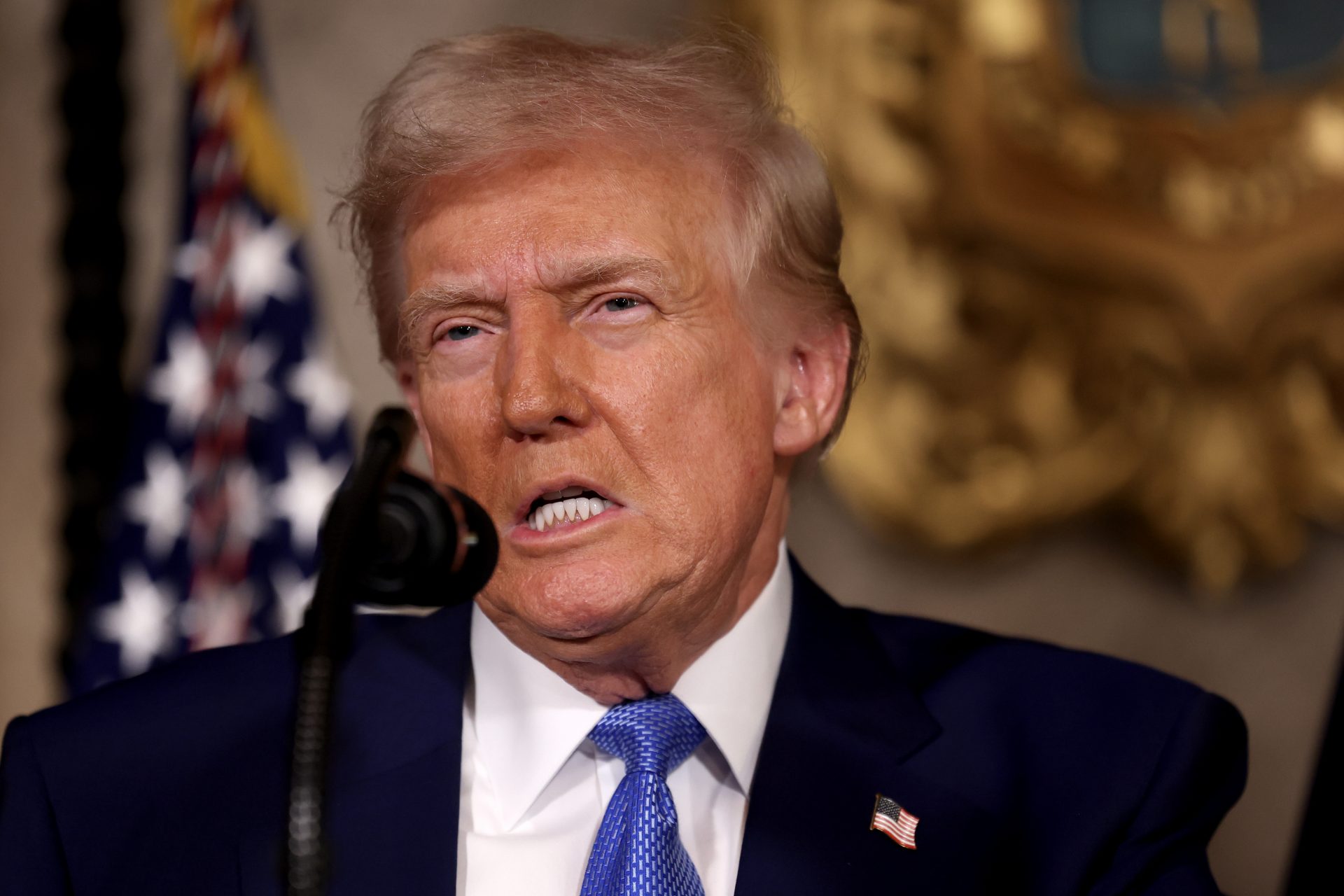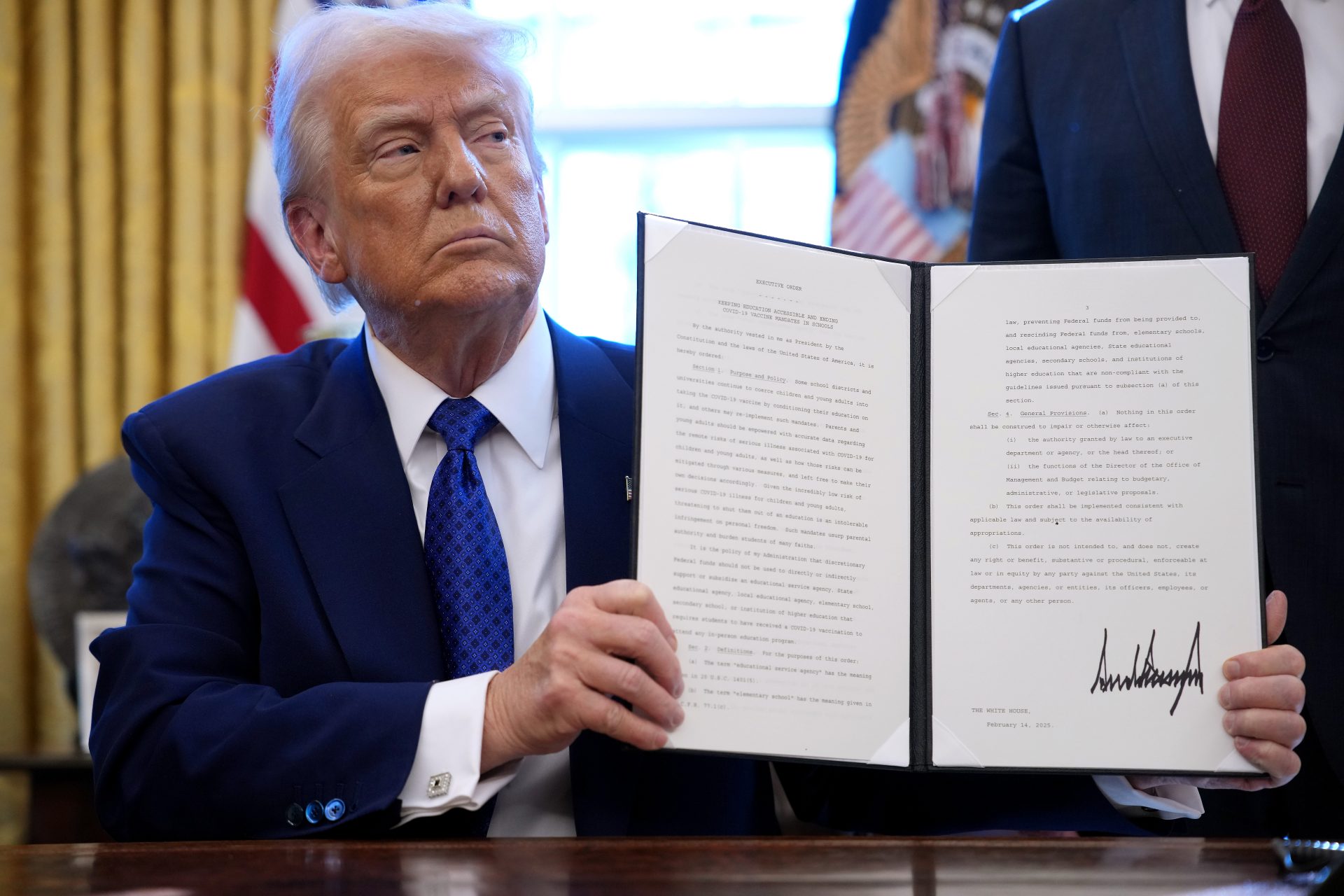Biden signs historic climate, tax, and health care bill into law
US President Joe Biden has signed a $700 billion bill that aims to fight climate change and healthcare costs while raising taxes mainly on the rich.
In August 7th, the U.S. Senate approved the bill intended to fight climate change, lower drug prices, and raise some corporate taxes, in a significant victory for President Joe Biden and the Democrat party.
The package, known as the Inflation Reduction Act, passed by the Senate on Sunday by a 51-50 party line vote, with Vice President Kamala Harris casting the tie-breaking ballot.
Senators engaged in a round-the-clock marathon of voting that began Saturday, August 6th, and stretched late into the next day. Democrats swatted down some three dozen Republican amendments designed to torpedo the legislation.
The legislation is aimed at reducing carbon emissions and shifting consumers to green energy, while cutting prescription drug costs for the elderly and tightening enforcement on taxes for corporations and the wealthy.
The legislation will invest nearly $375 billion over the decade in climate change-fighting strategies, the biggest climate investment in US history, that will include investments in renewable energy production and tax rebates for consumers to buy new or used electric vehicles.
The investment will direct $60 billion for a clean energy manufacturing tax credit and $30 billion for a production tax credit for wind and solar, seen as ways to boost and support the industries that can help curb the country’s dependence on fossil fuels.
For consumers, there are tax breaks as incentives to go green. One is a 10-year consumer tax credit for renewable energy investments in wind and solar.
There are also tax breaks for buying electric vehicles, including a $4,000 tax credit for purchase of used electric vehicles and $7,500 for new ones.
Democrats believe the strategy will set the country on a path to cut greenhouse gas emissions 40% by 2030. Senate Majority Leader Chuck Schumer said in a statement that the legislation contains “the boldest clean energy package in American history.”
On the healthcare front, the bill will allow the Medicare programme to negotiate prescription drug prices with pharmaceutical companies for the first time, saving the federal government some $288 billion over the 10-year budget window.
Image: National Cancer Institute/Unsplash
Those new revenues will be put back into lower costs for seniors on medications, including a $2,000 out-of-pocket cap for older adults buying prescriptions from pharmacies.
The measure also extends the enhanced federal premium subsidies for Obamacare coverage through 2025, a year later than lawmakers recently discussed. That way, they wouldn't expire just after the 2024 presidential election.
To boost revenue, the bill will impose a 15% minimum tax on the income large corporations report to shareholders. The measure, which will raise $258 billion over a decade, will apply to companies with profits over $1 billion.
Nonpartisan analysts have said the Inflation Reduction Act will have a minor effect on surging consumer prices. However, Republicans argue the bill will undermine an economy that policymakers are struggling to keep from plummeting into recession.
Mitch McConnell, the Senate Minority leader, said in a statement that spending and tax increases in the legislation will eliminate jobs while having an insignificant effect on inflation and climate change.
Democrats hope the bill’s passage will help the party’s House and Senate candidates in the November 8 midterm elections.
More for you
Top Stories






























